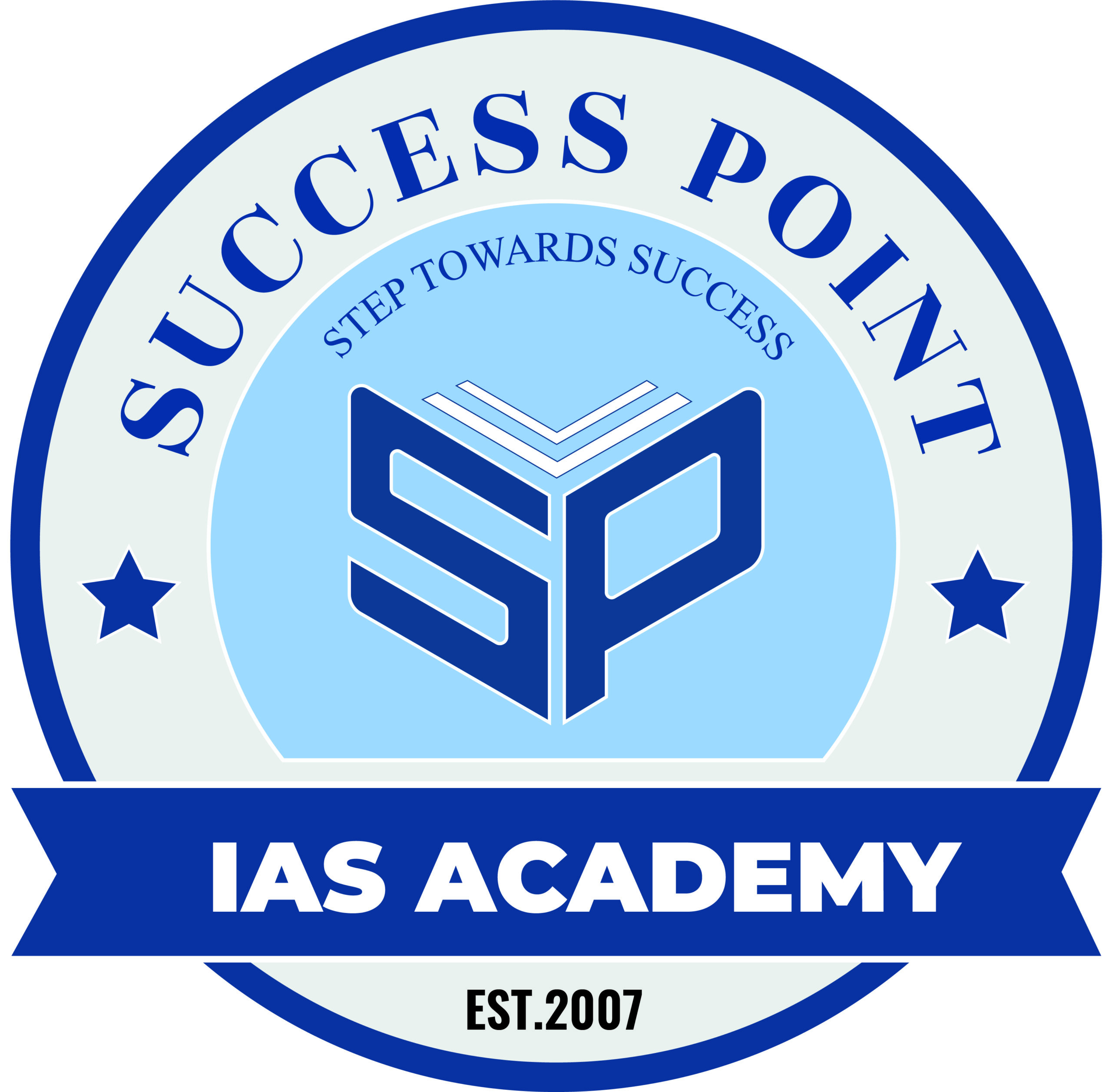What is the level of competition in UPSC Civil Services Exam?
- The number of UPSC Civil Services aspirants has exceeded 9,00,000 who fill the form and around 4,00,000 who appear in the first stage of the exam, the preliminary exam.
- The number of candidates who qualify the Preliminary Examination to appear in the Main Examination is equal to 12 to 13 times the number of vacancies in the Civil Services Examination in that year.
- Out of these, the number of candidates who qualify to appear in the interview is 2 times the number of vacancies in the civil service advertised in that year.
- For example, if the number of vacancies in a given year is 1000, approximately 13,000 candidates will be called (qualified) by UPSC to appear in the main examination and those who qualify for the main examination to appear in the interview. The number of candidates will be around 2,000.
What is the number of vacancies per year in UPSC Civil Services Exam?
When does UPSC advertise about the exam?
Can a candidate who has completed his/her education from Open School/University apply for Civil Services Examination?
How many attempts are required to crack the Civil Services Exam?
Is there any relaxation in the number of attempts for physically handicapped?
Whether a candidate belonging to a community included in the OBC list of the states included in the Central List of OBC is eligible for age relaxation, reservation etc. for Civil Services Examinations?
Whether relaxation on number of attempts and reservation is applicable for all candidates included in the Central List of OBC
http://www.ncbc.nic.in/User_Panel/UserView.aspx?TypeID=1116
Can a candidate write the Civil Services (Main) Examination in English and give an interview in Hindi or at the level of any other Indian language?
- Candidates, who choose the medium of Indian language for writing the Civil Services (Main) Examination, may choose either the same Indian language or English or Hindi as the medium for the interview.
- Candidates, opting to write the Civil Services (Main) Examination in English, may opt for the Compulsory Indian Language paper in English or Hindi or any other Indian language as the medium of interview by them.
- However, the candidates who are exempted from the compulsory Indian language paper will have to choose either English or Hindi as the medium of interview for the personality test.
On what criteria are the answer sheets sent for evaluation after the written test? Is this roll no. Based on the basis or on the basis of the center of the examination? i.e. will a particular examiner group of examiners get to evaluate the answer sheets of only a particular center or a particular group of roll numbers?
Are individual marks in different papers or total marks in all the papers considered for merit?
Preliminary Examination: In CSE (P) 2013, the minimum marks required for qualifying Paper-I was fixed at 30 and for Paper-II at 70. UPSC prepares a list of candidates to qualify for the Civil Services (Main) Examination. The aggregate qualifying marks in any or all the subjects as determined by the Commission.
Main Examination: The aggregate marks obtained by the candidates for all the ranking papers (from Paper I-VII) will be counted for merit. However, the Commission reserves the right to fix qualifying marks in any or all the subjects of the examination. In CSE (M) 2013, it was subject to 10% marks in each of the seven ranking papers. Candidates, who obtain such minimum qualifying marks in the written part of the Main Examination as may be prescribed by the Commission at their discretion, shall be called by them for an interview or personality test.
Is it possible that my answer sheets were evaluated by a strict examiner, while another candidate benefited because his answer sheets were evaluated by a 'liberal' examiner?
In order to achieve uniformity in evaluation, where more than one examiner is involved, the Commission arranges a meeting of the Principal Examiner with additional examiners after the examination is over. At this stage, they thoroughly discuss the question paper, appropriate answers, and set the evaluation criteria.
In order to bring about uniformity of evaluation among the examiners, the following procedure is followed: The Principal Examiner conducts a sample survey of the answer sheets of each additional examiner to verify that the same standards of evaluation developed at the examiners’ meeting are in fact adhered to. has been done or not. , Depending on the standard adopted by the Additional Examiner, the Principal Examiner may confirm awards without change if the Examiner has correctly adhered to the set standard, or if deemed necessary to ensure the maximum possible degree of uniformity. But can do upward/downward moderation. evaluation process.
Hence, adequate attention is given to the aspect of inter examiner variation in the standards of evaluation in the paper affecting the performance of the candidates.
Can I know the question-wise marks awarded for a paper?
Hence, once the evaluation process is completed, neither the ‘raw marks’ nor the ‘question wise’ marks are retained. What is the total score of the candidate in a given paper at the end of the evaluation process and the award is made available to the candidate in due time (a month or two), usually on the website of the Commission.
